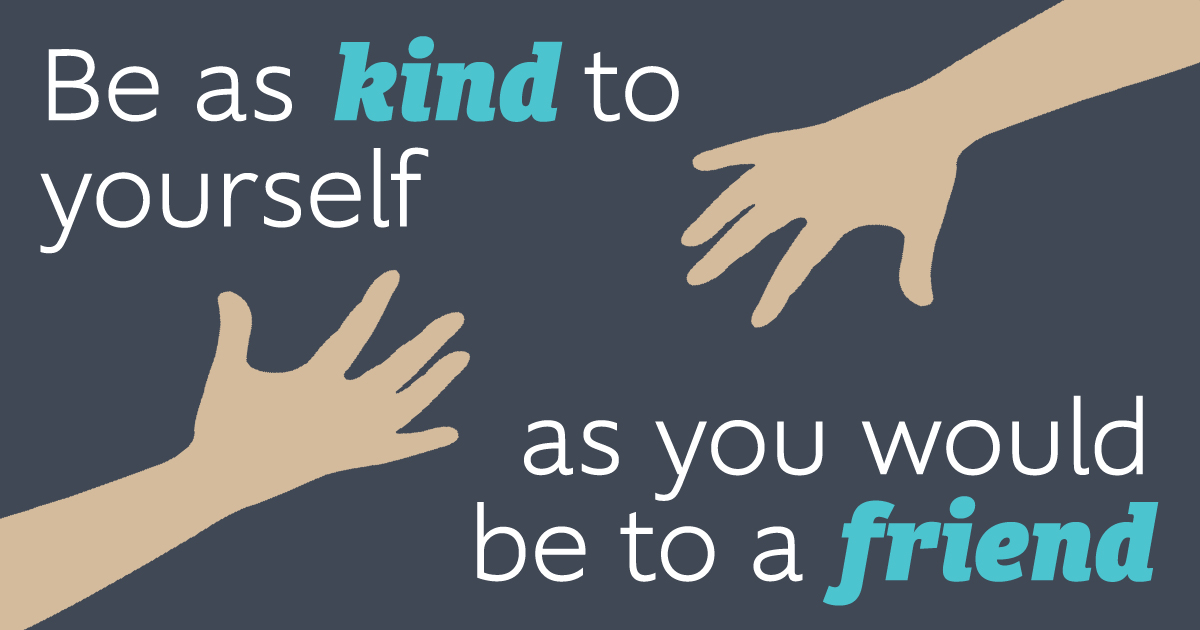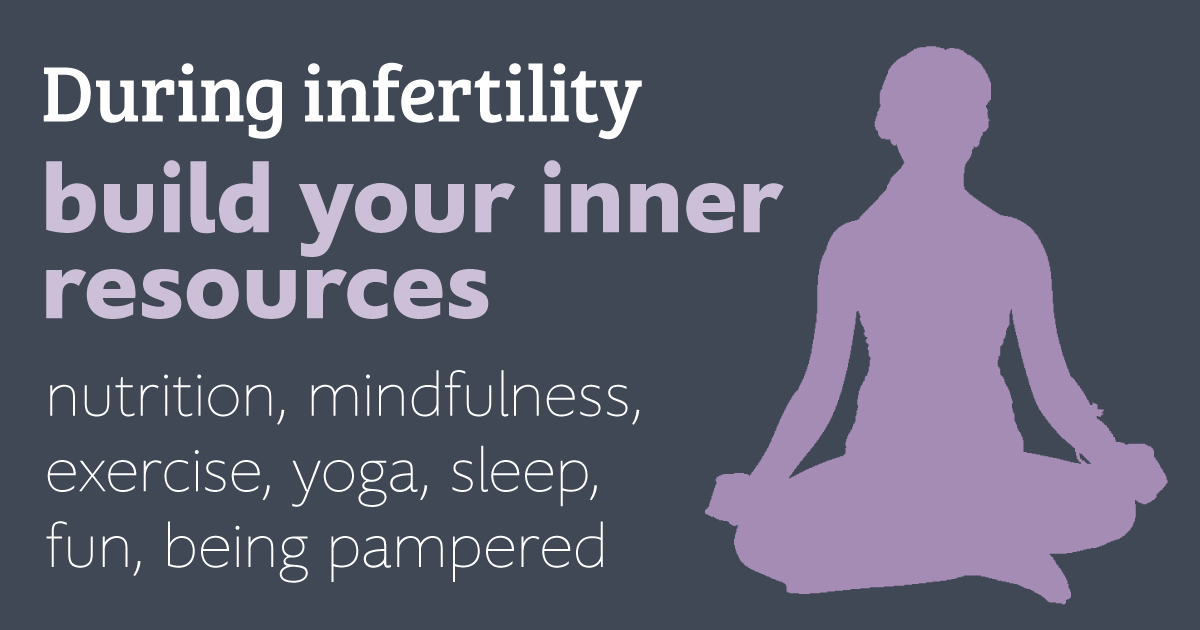
23-29 September 2019
Join us for fertility discussions, advice & support
Infertility is not only a physical matter.
More often than not, it brings with it profound emotional distress. The responses to infertility are often complex and so strong that they can sometimes feel overwhelming.
In a society where there is much emphasis on ‘birth control’ and ‘family planning’, it’s understandable that the expectation is that we can have children when and if we choose. Therefore, when trying to conceive, the experience of infertility is usually a shock- almost unbelievable. It is a life crisis, which represents a threat to people’s plans, identity, hopes and dreams. For this reason people may try to initially avoid the reality of the experience- it doesn’t make sense, so how could it be happening? They hope it is just a mistake, that test results were wrong or that next month it will be different. Responses are many and varied and individuals will react in their own unique way. Many will take a long time to take it all in and to process what’s happening as best they can whilst trying to make sense of the new reality.
Infertility is difficult to deal with for many reasons. It’s often physically and emotionally demanding, as well as being difficult to live with the uncertainty and lack of control over the situation often over a long period of time. Many find that infertility impacts on nearly all aspects of their lives, including work, ability to make decisions and plan ahead, relationships and friendships. It may seem that friends and family are always saying unhelpful things, adding to the sense of isolation and resentment, and adding to the difficulty of talking openly about infertility. Partners may be coping in very different ways and struggling to support each other as they both grieve the losses associated with infertility.
The rollercoaster of fertility treatment
It may have come as an initial surprise to you on your fertility journey that there can be extreme highs – or moments of hope and optimism; which can quite quickly swing to feelings of deep sadness, despair, or even depression. This is often tied into treatment cycles or even your monthly period. Events in your personal life – such as news of a friend or family member’s pregnancy, can also be a very tough part of dealing with what people often describe as the rollercoaster of emotions. Infertility is perhaps one of life’s hardest tests of resilience. In order to be able to bounce back and keep trying to conceive for as long as you feel is right for you to do so, it’s important to learn about and practice self-care. This means finding the things that help you to feel looked after both physically and emotionally so that the highs and lows of the roller coaster will be more manageable.

Coping strategies
Because feeling out of control is such a major factor in the experience of infertility, doing things to increase your sense of control is a useful start. This means recognising the difference between those things you can’t control and those things you can.
Seeking information from Infertility specialists, counsellors, support groups, libraries and online (be aware that not all online information is accurate) is a way of informing yourself about the options for you and becoming more aware of those things you do still have control over. For example: you cannot control if and when you will get pregnant, but you can control what you do and who you engage to help you try and achieve your goal. Question information you are given, search all the available options and talk about them before deciding on a plan of action. Self-care is a critical part of increasing your resilience during your journey – see our tips.
Scheduling a regular time to review your feelings and thinking about your infertility with your partner or key support person seems to be beneficial. This can help prevent infertility dominating all conversation or alternatively not being addressed at all. Also having someone outside your relationship with whom you can fully share (without being judged) the emotions involved is useful. These people are hard to find-choose carefully! It is well documented that writing or drawing about painful experiences is also often therapeutic. Writing a personal journal, or drawing/painting may be a form of release for you to try during tense and stressful times.
Ironically points of crisis and pain can be opportunities for growth. Please remember to be as kind to yourself as you would be to a friend going through infertility. In addition, seeing an infertility counsellor can give you another ally to help guide you through your journey, which can have many twists and turns.

Infertility, grief and loss
The experience of infertility involves many losses. There is the loss of the experience of pregnancy, birth and breastfeeding for women and sharing in these experiences for men. For both men and women, there is the ultimate loss of never being able to build a family that is the social norm. The loss of self-image, self-esteem and confidence is common. As one woman said, “How can I be confident that I can do anything if I can’t do the simple feminine thing of getting pregnant?” The role of being a parent gives direction and when this role is not fulfilled people frequently feel there is a void and emptiness in their life. Waiting for pregnancy to happen dominates. A sense of life ‘being on hold’ is common and making decisions about other aspects of life often becomes extremely difficult.
Anger, frustration and resentment are also common responses to infertility. Angry feelings can emerge as a result of loss of control and the loss of choices that seem so readily available to those who conceive without awareness or particular appreciation. This anger may be directed towards each other (if applicable), family and work colleagues, even the cat!
Learn more about infertility diagnoses, fertility treatment options and public funding of fertility treatment
Mothers Day, Fathers Day and Christmas can be particularly challenging for people who are experiencing infertility...
Single people and same sex couples wanting to build whanau...
Experiencing infertility as a couple can be all-consuming and put a strain on relationships...
Secondary infertility, if you are facing infertility and you are already a parent...
Infertility is perhaps one of life’s hardest tests of resilience
Benefits of support groups & peer support
Joining a local group can be immensely helpful in providing a wealth of services and assistance including emotional support and information evenings. Others in the group share a common experience, and sharing challenges and how they were overcome enables everyone to be better informed, and feel less isolated at a time when friends and family may be unaware of the situation, or unsure of how to be supportive.
Wondering if seeing a Counsellor might help? Learn about the role of the Infertility Counsellor
Rainbow whānau building - visit our LGBTQI+ page
